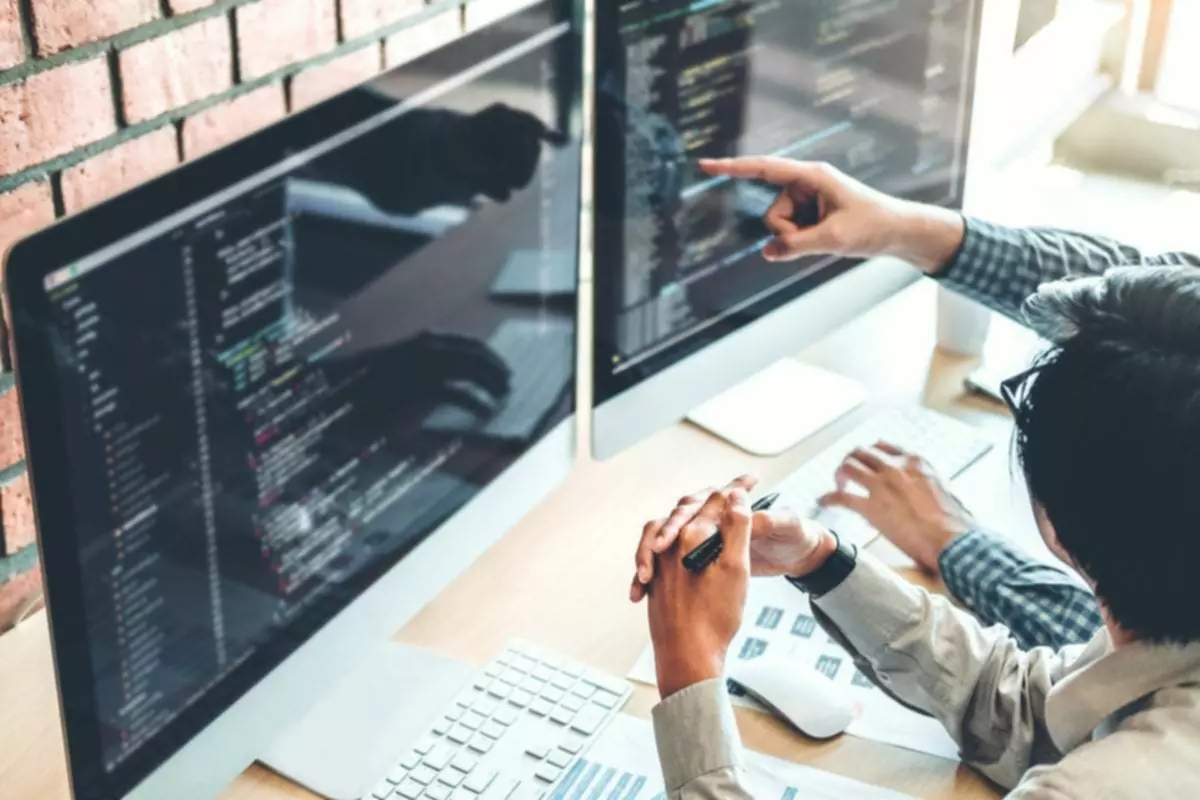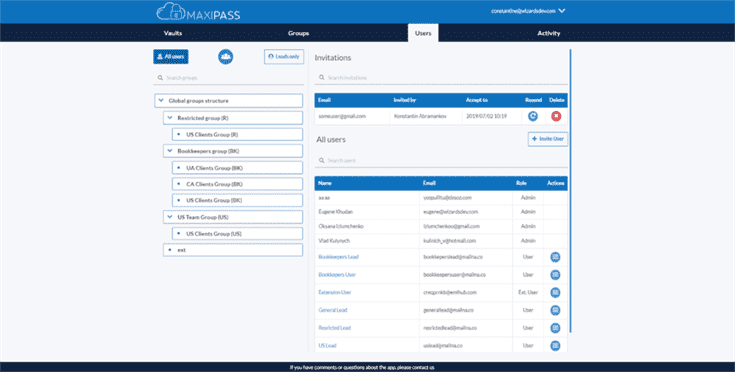11 Roles of a Facilitator and Skills You Need to Be One
Crafting a culture of lifelong learning is important to ensuring an organisation’s success. However, there are a number of hurdles that can hinder the learning process, from siloed learning software to nonstandard training processes. Apart from the above https://www.globalcloudteam.com/ mentioned skills, a good facilitator should be receptive and should be able to develop new skills as and when required depending on the participating group and should be open to ideas. A team of pro workshop facilitators with 9+ years of experience.
- At the most basic level, a facilitator is a person with the ability to help groups come together and work towards getting the best possible results.
- It’s not just about being a good speaker and leader in the room.
- Remote work is not just a hypothetical future of work by this point, it’s the reality of our everyday lives, and it’s here to stay.
- However, unchecked confrontations within group work can arise without objective intervention.Groupthink (flawed decision-making to preserve the status quo) is often a nasty side effect of conflict.
- It would be impossible to list every learning activity out there; they come in all shapes, sizes, and types.
Not everyone is extremely charismatic or sociable, but anyone can learn the principles of effective facilitation found in this guide and strive to practice them in every learning situation. If you have to facilitate a session right away, you might skip straight to Part 4 and use our blank facilitator guide template to design your course. Organizing the flow of your session using this template will make a huge difference in the quality of your session, even if it’s the only thing you do to prepare. The problem is, somewhere along the line, the two terms merged, and many people use them interchangeably.
Submit your email below to receive an update of our latest and greatest L&D content every other week
A skilled facilitator can greatly impact a group by inspiring, motivating, building teamwork, and in turn, achieving organizational success. They make things easier for the group as a whole and help them work towards the goal of the meeting or help them stick to the meeting agenda. I like to keep a few energizer activities on hand that get people moving, bring energy up, focus the group, lighten the mood, and get people thinking creatively. No one does their best work when they’re feeling low or tired, and a few fun activities can go a long way toward bumping the mood of the room up to a fun, productive level. There is no one-size-fits-all answer to this question, as the best way to practice facilitation skills will vary depending on the specific skills you wish to develop.

Working Safe is a unique web platform by the Swiss-based Yucca, a global IT and HR solutions company. It provides a comprehensive overview of all the COVID 19 Health and Safety Hospitality rules in Switzerland and in France, offering customized digital staff training and customers’ reassurance tools. EHL Swiss School of Tourism and Hospitality has been one of the leading hospitality management colleges for hotel specialists for 50 years. Write questions that help participants think through how to use the lesson to solve current organizational challenges—but also be ready with examples of how to do this. Provide an outline of the topics you will explore in the session and the activities the group will engage in.
Connect with other Workshoppers worldwide and share your own experiences and expertise in our FREE community
You can use CMOE’s facilitator guide for training to help them gain the skills they’ll need. They need to have a laser focus on providing a process to help people make decisions to achieve their goals. They are part-timekeepers, mediators, question-asker, and guides.

So is having catering arranged in order to ensure food and drinks are available during breaks, and having the right workshop equipment at hand. This can be easy to overlook, but ensuring you get this right is part of agile team facilitation basic rules facilitation best practices. Missing a vital piece of equipment can be frustrating or stressful and make group facilitation more difficult. This is especially true in effective and productive organizational cultures.
The facilitation skills you need to master to become a great facilitator
You definitely could; but, for that vital gathering, most people find that an experienced facilitator is a worthwhile addition and that they lead to better outcomes. Using body language to control the dynamics in the room can be a great tool. Moving up close to a shy, quiet participant and asking them to speak may make them feel more willing, because they can look at you instead of the big group and feel less intimidated. Don’t just stand in front of the room for the entire meeting.
A facilitator understands that being an active listener also means using positive feedback to encourage quiet people to get directly involved in the session. If you were to work on improving just one facilitation skill, this is a great place to start. The ability to handle and diffuse tension is a skill that sets expert facilitators apart from others. Group facilitation is often exciting and productive, though differences of opinion can form in workshops or meetings you might be facilitating.
What Are Team Norms — and How Can They Make Your Team More Effective?
These are the “process” skills we use to guide and direct key parts of our organizing work with groups of people such as meetings, planning sessions, and training of our members and leaders. Leadership within an organization can sometimes feel like navigating a ship through foggy waters, particularly when the senior leadership hasn’t clearly articulated the organization’s overarching ‘why’. However, this isn’t an excuse to abandon the quest for purpose. As skilled facilitators, it is our responsibility to create clarity, to guide teams toward common ground and a shared understanding of why they are doing what they’re doing. Although these professionals have a lot to offer, hiring an outside facilitator might not be necessary for something that your organization needs to teach. With this guide, you can learn how to do all the things that a professional facilitator does.

The best way to learn anything is to implement your new-found knowledge in a real-life setting directly. This will allow you to remember the concepts better and help you get more confident in your facilitation skills. The more challenging situation is typically the second scenario, where people have established working relations. If so, you could benefit from engaging with a professional facilitator the next time you have an important meeting, gathering, workshop, or working session. The materials are broken down into “modules” and facilitation trainers can use some or all of them to suit their needs.
What qualities should you look for in a facilitator?
Plan each session with a clear beginning, middle, and end—a welcome and introduction, the main instructional section, and a conclusion. Work in the ideas and skills we’ve discussed above, along with any other helpful suggestions found in the next few sections of this guide. Finally, they have plenty of time during the program to reflect on what they’ve learned and apply it to their own lives and roles.
Best of all, anyone can become a great facilitatorifthey have the right tools, techniques, and skills down. That is why professional facilitators are becoming more and more in demand. Facilitation skills are the difference between an unproductive & truly effective meeting. Find out why a facilitator can be an invaluable addition to any high-stakes meeting or gathering. Encourage folks to share strategies, stories from the field, and lessons they’ve learned.
PART 3: TECHNIQUES OF FACILITATION
Without proper communication, holding a workshop is just a colossal waste of everyone’s time. A good facilitator is concerned with both the outcome of the meeting or planning session, with how the people in the meeting participate and interact, and also with the process. Voltage Control’s purpose is to develop leaders through a method-agnostic approach to learning and mastering facilitation skills. We anchor in this purpose often to ensure we are staying true to the belief that this approach will create optimal outcomes and best support leaders in their dynamic growth. In fact, if you let go of method-centric facilitation perspectives, it is easier to anchor to your purpose. It’s the reason behind gathering a team, the goal you hope to achieve.
